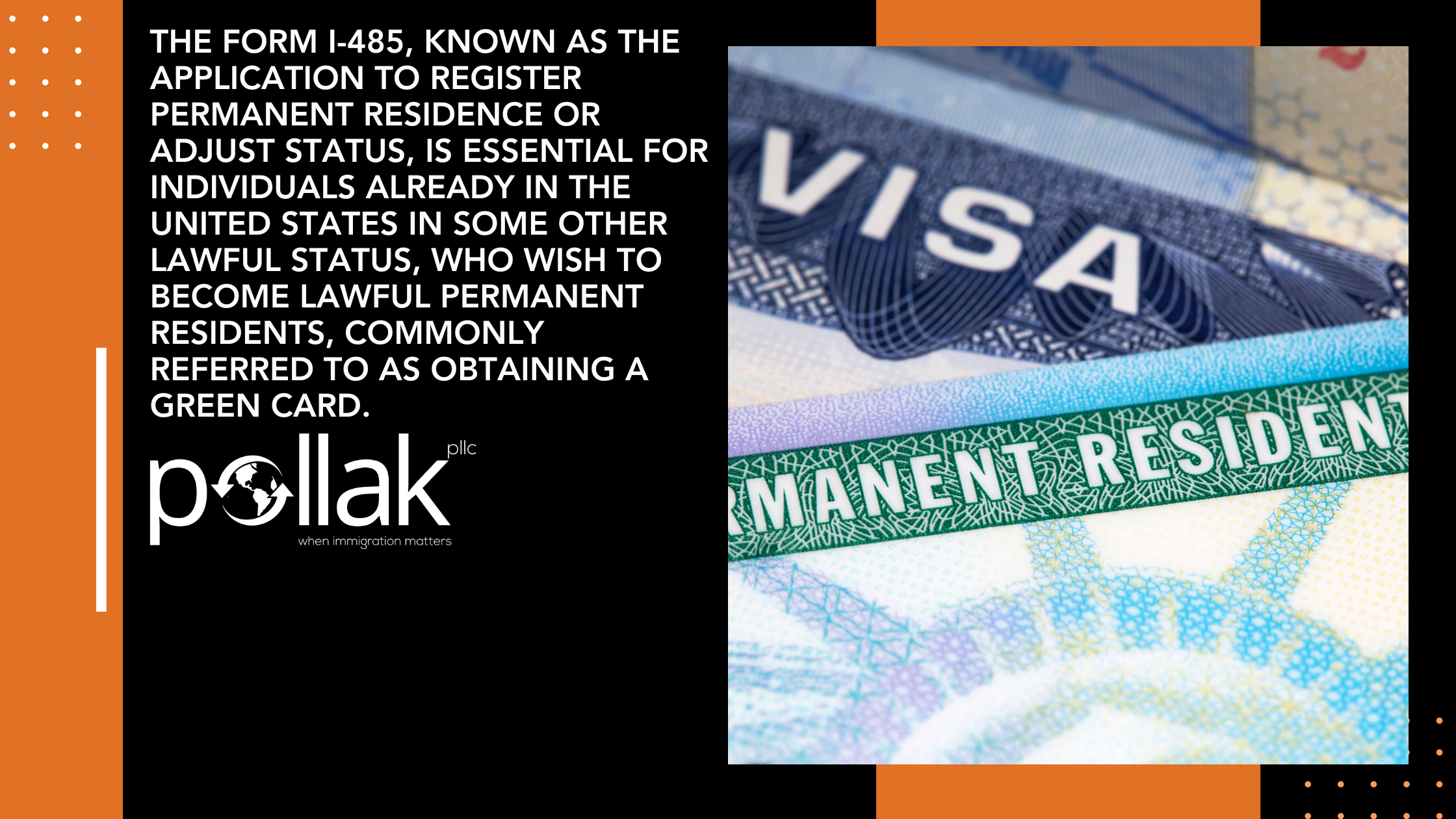What should I include for a I-601 letter as a brother in law who is a citizen?
You need to write a clear and detailed letter explaining each situation and circumstance that will cause “extreme hardship”. It is not enough to say that the US Citizen will feel sad or miss the fiancé/spouse – this is “normal” hardship. The details provided in the letter as well as the evidence/documentation are the key, vital issues in the waiver process.
The best way to approach the hardship letter and evidence is to think about every aspect of how their life would change if they had to relocate permanently to their fiancé/spouses country. These arguments form the basis of the hardship letter.
Extreme hardship can be demonstrated in many aspects of your life such as:
HEALTH/MEDICAL - Ongoing or specialized treatment requirements for a physical or mental condition; availability and quality of such treatment in your fiancé/spouse’s country, anticipated duration of the treatment; whether a condition is chronic or acute, or long-or short-term.
FINANCIAL CONSIDERATIONS - Future employability; loss due to sale of home or business or termination of a professional practice; decline in standard of living; ability to recoup short-term losses; cost of extraordinary needs such as special education or training for children; cost of care for family members (i.e., elderly and infirm parents).
EDUCATION - Loss of opportunity for higher education; lower quality or limited scope of education options; disruption of current program; requirement to be educated in a foreign language or culture with ensuing loss of time for grade; availability of special requirements, such as training programs or internships in specific fields.
PERSONAL CONSIDERATIONS - Close relatives in the United States; separation from spouse/children; ages of involved parties; length of residence and community ties in the United States.
SPECIAL FACTORS - Cultural, language, religious, and ethnic obstacles; valid fears of persecution, physical harm, or injury; social ostracism or stigma; access to social institutions or structures.
Any other situation that you feel may help you meet the burden of extreme hardship.
Include as much legitimate, detailed evidence as possible. For example, personal letters from your doctor, nurses, therapists, medical records, prescription information, etc.



